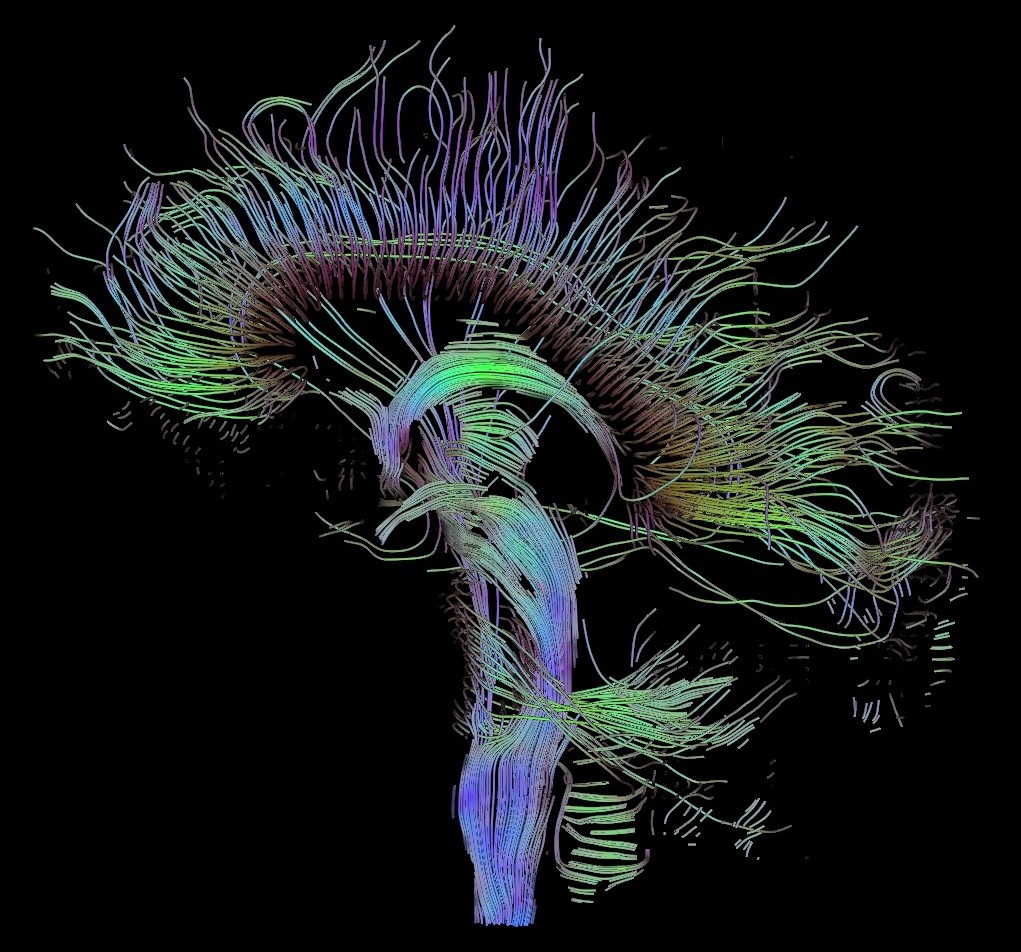Neuroscietists get on Twitter?
- Why yes they do! Two of the sites I found, Neuroscience and Neuroscience News, are both run by scientists in the neuroscience field.
What's happening on these neuroscience feeds?
- These feeds are mostly tweeting links to scientific research studies that are pertinent to the field of neuroscience.
- The first fascinating article that I read was from Neuroscience, and talked about computer chips the size of a grain of rice that could be implanted on the skull to measure temperature and intracranial pressure, and then dissolve afterwards. I thought it was incredible that they are finding even less invasive procedures. The dissolving of the microchip is what takes the product to a whole different level. Dissolving, could save a patient from a second procedure that would be for extracting the microchip. There were not any comments on the article on its site or on twitter. The couple retweets that it got though all seemed to be very impressed.
- The second short article I looked at came from Neuroscience News. In it, it discusses how scientists are studying the self-sacrificial behaviors of bees and ants and how they are possibly related to human suicides. Although, we and and these insects share many common behavior characteristics, the self-suicides in the insects is a survival tactic to protect the line of genes. What puzzles scientists is the fact that human suicides to not seem to serve any protective purpose and appear to be maladaptive. Once again, no comments on this article. There were a few retweets though; however there were not comments attached to them, this must mean they retweeted them because they find them interesting.
- Yes, their content was very much what I expected. I think that as an area that is very focused on scientific research, you would want to be posting about current findings. However, I was very surprised by the lack of retweets and likes many of their posts received in comparison to their number of followers. I was also incredibly surprised by the lack of discussion over these posts on twitter. I would think these would bring up a variety of topics, such as ethical boundaries and even mental disorders, but everything seemed pretty tame. However, I am not very familiar with the workings of Twitter, so perhaps I missed something.
 | |||
| Schultz, Thomas "DTI sagittal fibers."9/22/2006 via Wikipedia. Attribution-ShareAlike 3.0 Unported |
No comments:
Post a Comment